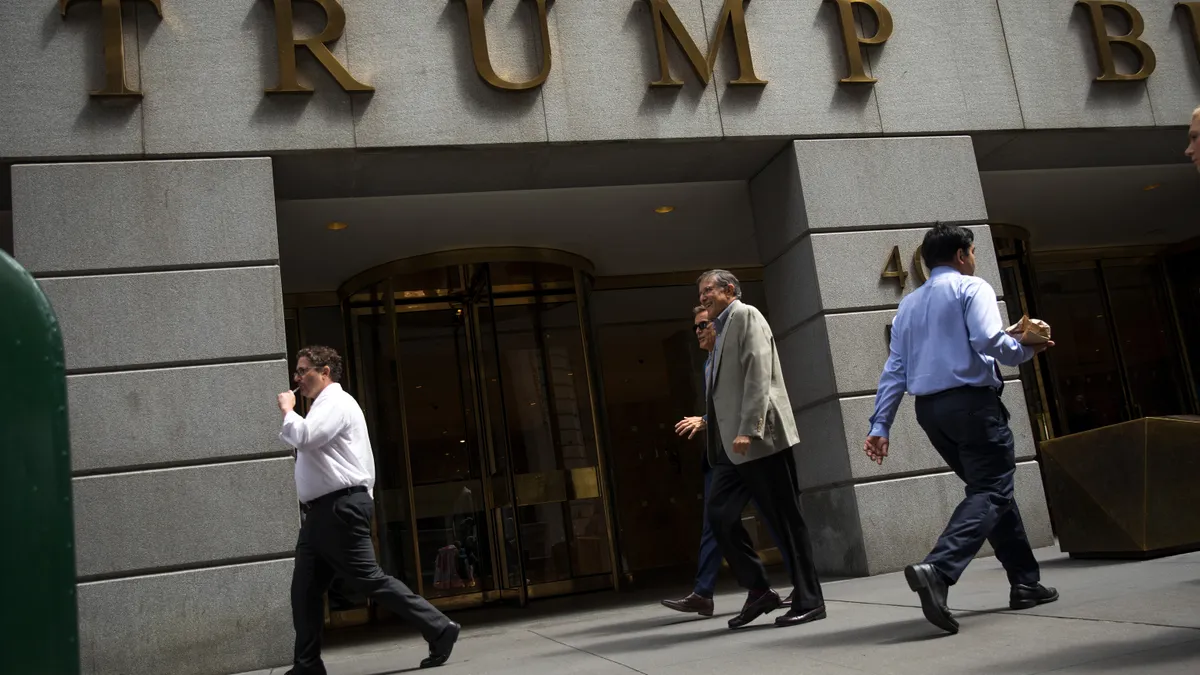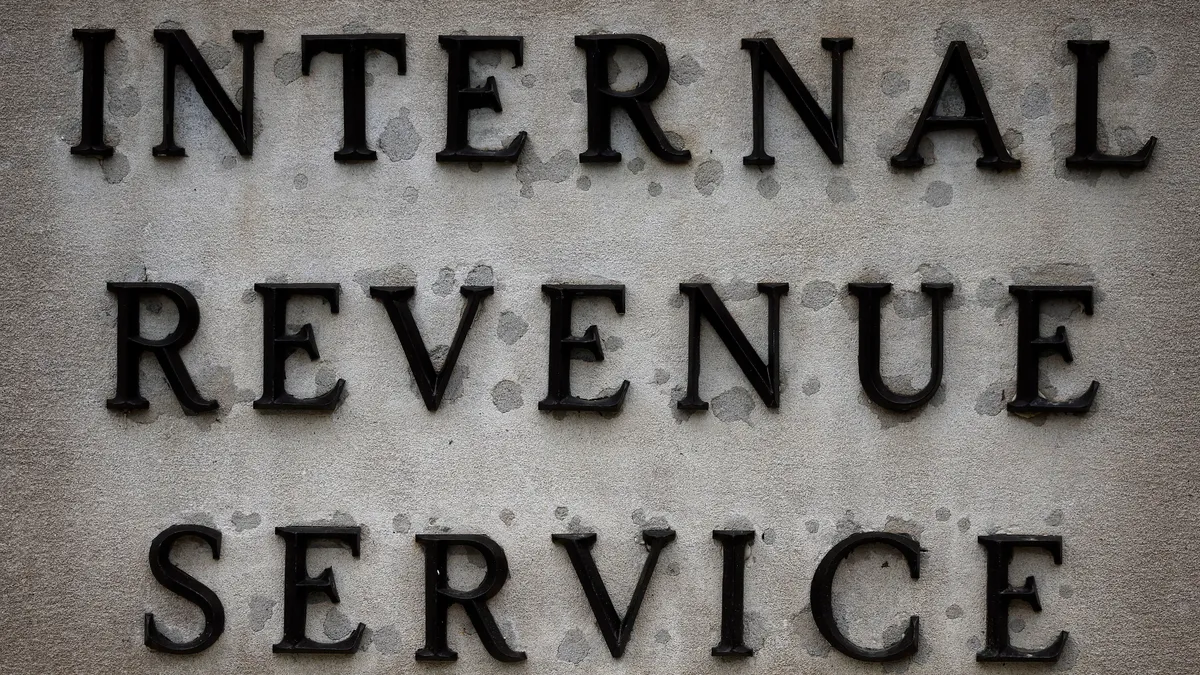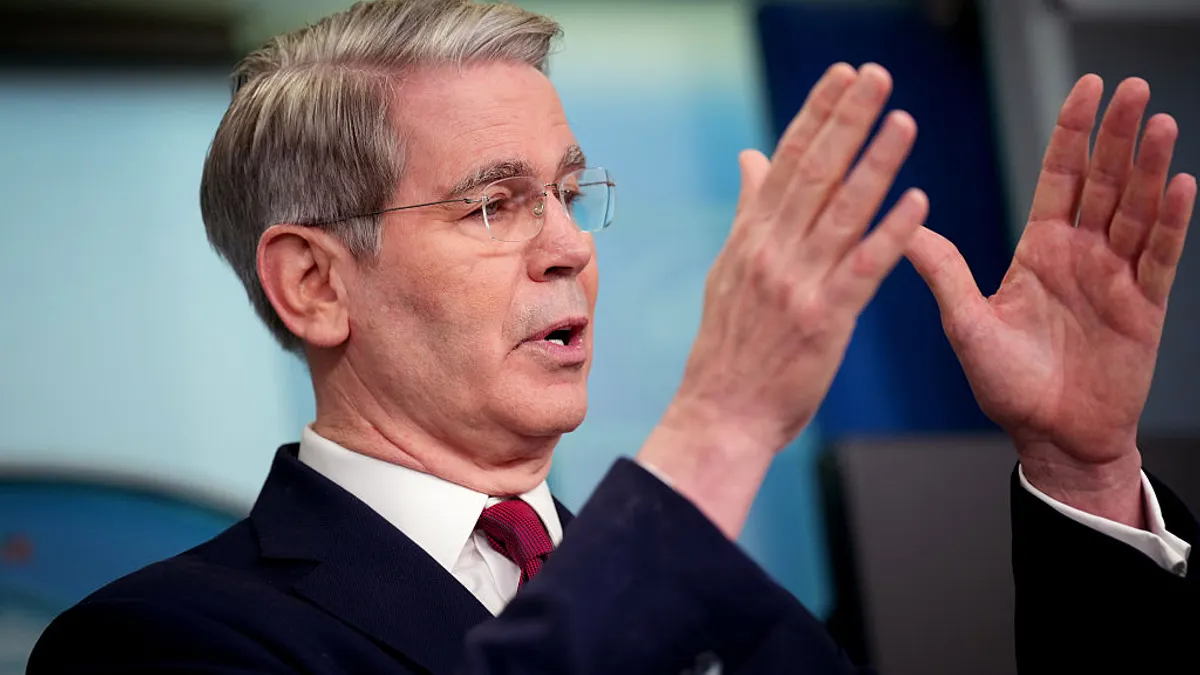When Arthur Andersen was indicted on one count of obstructing justice in 2002 as part of the case against its scandal-plagued auditing client, Enron, it released a statement calling the charge a death penalty against it. It wasn’t wrong. By 2005, even though it beat the charge in court, the firm was out of business.
Although it’s unlikely the Trump Organization will seek bankruptcy protection because of the criminal charges filed against it last week, the company could have a hard time obtaining financing for its far-flung real estate business and face other financial hurdles even if it eventually wins in the courts.
“Companies that are being indicted, whether they are private or public, big or small, face serious collateral consequences,” Daniel Horwitz, an attorney with McLaughlin and Stern, told the Associated Press last week. “Companies in the financial services industry are reluctant to do business with them. Their access to capital is limited or cut off as is their ability to place their liquid assets with banks and brokerages.”
The 15-count criminal charges filed against it July 1 by the Manhattan District Attorney center around the tax treatment of compensation provided to the company’s long-time CFO Allen Weisselberg and other executives. Along with the company, Weiselberg was charged as an individual on some of the counts, including a grand larceny charge of the second degree, which carries a maximum 15-year sentence if he’s convicted.
Both the company and Weisselberg have said they would plead not guilty.
Big debts
The Trump Organization is comprised of several hundred legal entries that own or manage commercial real estate properties in at least 20 countries and that manage deals involving the licensing of the Trump brand.
As a private company, its financial position isn’t subject to public scrutiny, but it’s believed to owe at least $1 billion, according to a Forbes analysis based mainly on annual Trump Organization federal disclosures.
The obligations include a $170 million loan from Deutsche Bank that’s coming due in 2024 for the Trump International Hotel in Washington, $138 million from Ladder Capital coming due in 2025 for 40 Wall Street and $125 million from Deutsche Bank coming due in 2023 for Trump National Doral.
The company also has hundreds of millions of dollars coming due from private lenders whose names the Forbes analysis wasn’t able to identify.
Although the debts are owed by the company, Donald Trump, as either the sole or principal owner of the legal entities, could ultimately be on the hook for the money.
“Lots of people believe [Trump] owes $400 million … in reality, however, he owes more than $1 billion,” the Forbes report says.
Credit implications
Depending on the terms they provided, lenders in some cases can immediately call in a loan to a borrower who has been indicted.
If that were to happen on some of the loans, the Trump Organization would have to consider bankruptcy, Georgetown law professor Paul Butler said on MSNBC, if it “doesn't have enough assets to pay off its loans.”
But that’s an unlikely scenario, analysts say, because the interest of banks and the Trump Organization are aligned in keeping the company afloat.
“I doubt this is the death of the Trump Organization,” former Manhattan prosecutor Rebecca Roiphe told POLITICO. Most lenders, she said, ultimately just want to get their money back, so it’s not in their interest to take action that could hasten the company’s demise.
Going-forward concerns
But the company nevertheless could face hurdles rolling over its existing debt or getting financing for new projects.
“No bank will ever do business with an indicted company,” Daniel Goldman, a former U.S. attorney for the Southern District of New York, said on MSNBC.
Its auditor could add to the company’s woes if it raises the question of whether it can continue as a going concern, Miriam Baer, a professor at Brooklyn Law School and a former assistant U.S. attorney, said in a VOA report.
"Especially in regulated industries, there may be a particular regulation that basically forces a company to say, 'I can't do business with you,'" she said. "Wholly apart from that, there are other companies that are simply going to say, 'I don't know where you're going to be a year from now, and I'm not taking that risk.'"
The company also risks getting hit with small but significant regulatory actions — particularly if the tax fraud charges are decided against it — that could hinder its ability to make money, most notably the loss of its liquor licenses at some properties.
Many states automatically revoke liquor licenses of companies convicted of crimes of moral turpitude, which would typically include tax fraud, John Cocklin, former chief investigator of the New Jersey Division of Alcoholic Beverage Control, told POLITICO.
Even if the Trump Organization itself isn’t subject to that action, Cocklin said, affiliates that own individual Trump properties could be. In those cases, the company might have to spin off the affiliates or risk that loss of income.
Another unknown
The other big issue the company faces is what new charges, if any, are planned by the Manhattan District Attorney and the New York State Attorney General, the two state prosecutors who have combined resources to investigate the company.
The prosecutors are reportedly looking at whether the company manipulated the way it valued some of its real estate. Among other things, the prosecutors are looking at whether the company inflated the value of some assets for borrowing purposes and lowered the value for tax purposes, including on Trump’s Seven Springs Estate in Westchester County, New York.
And prosecutors are said to still be looking at hush money payments made early in the Trump 2016 presidential campaign, which are what launched the investigations in the first place.
Regardless of what happens with these potential future charges, if the company is convicted on some or all of the 15 counts of tax evasion filed last week, it faces big fines that could hurt it separate from the impact on its borrowing ability. The company is charged with evading taxes on $1.7 million in compensation. If that charge holds, it could face a fine of double that amount, or about $3.4 million.






















